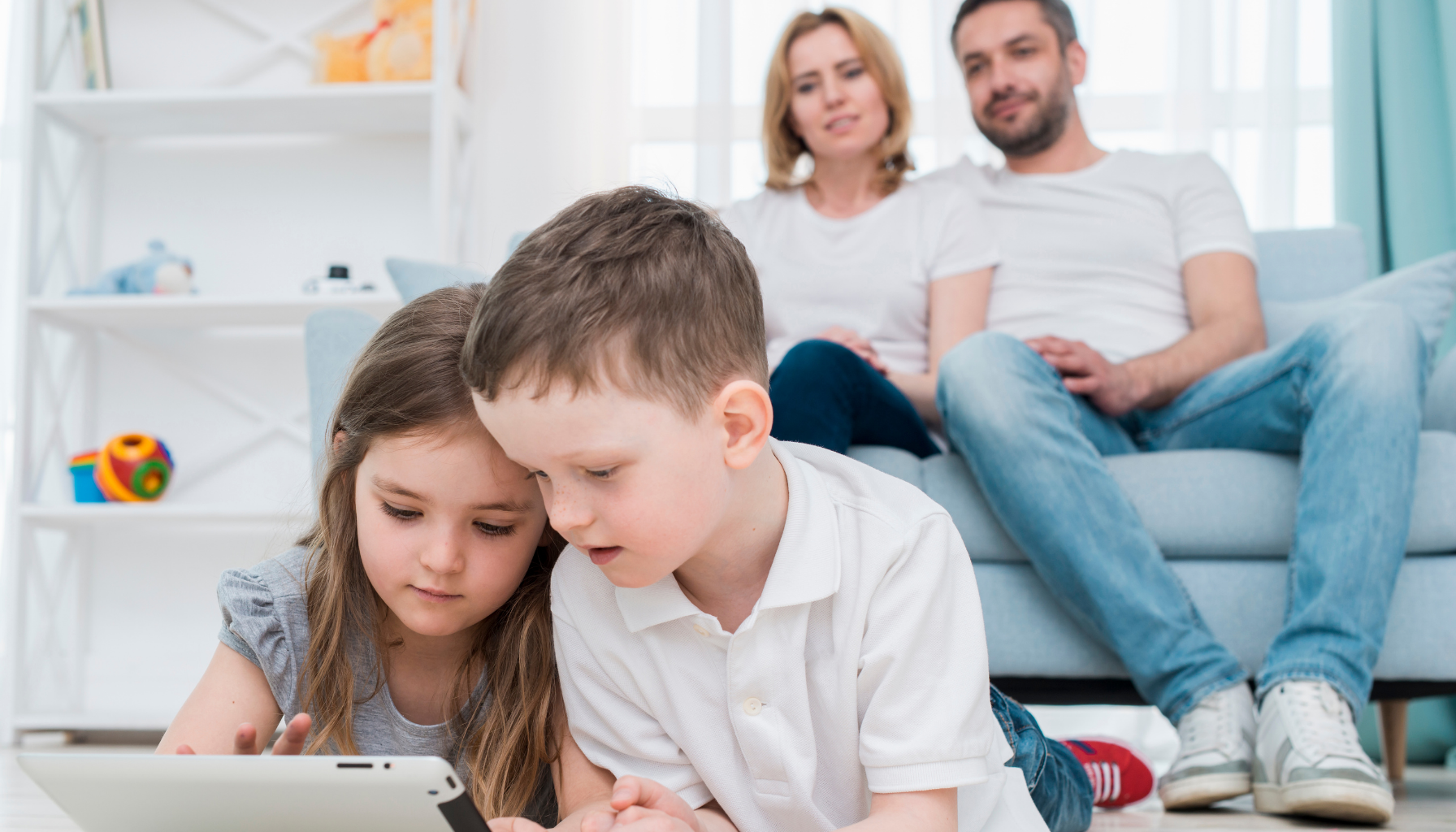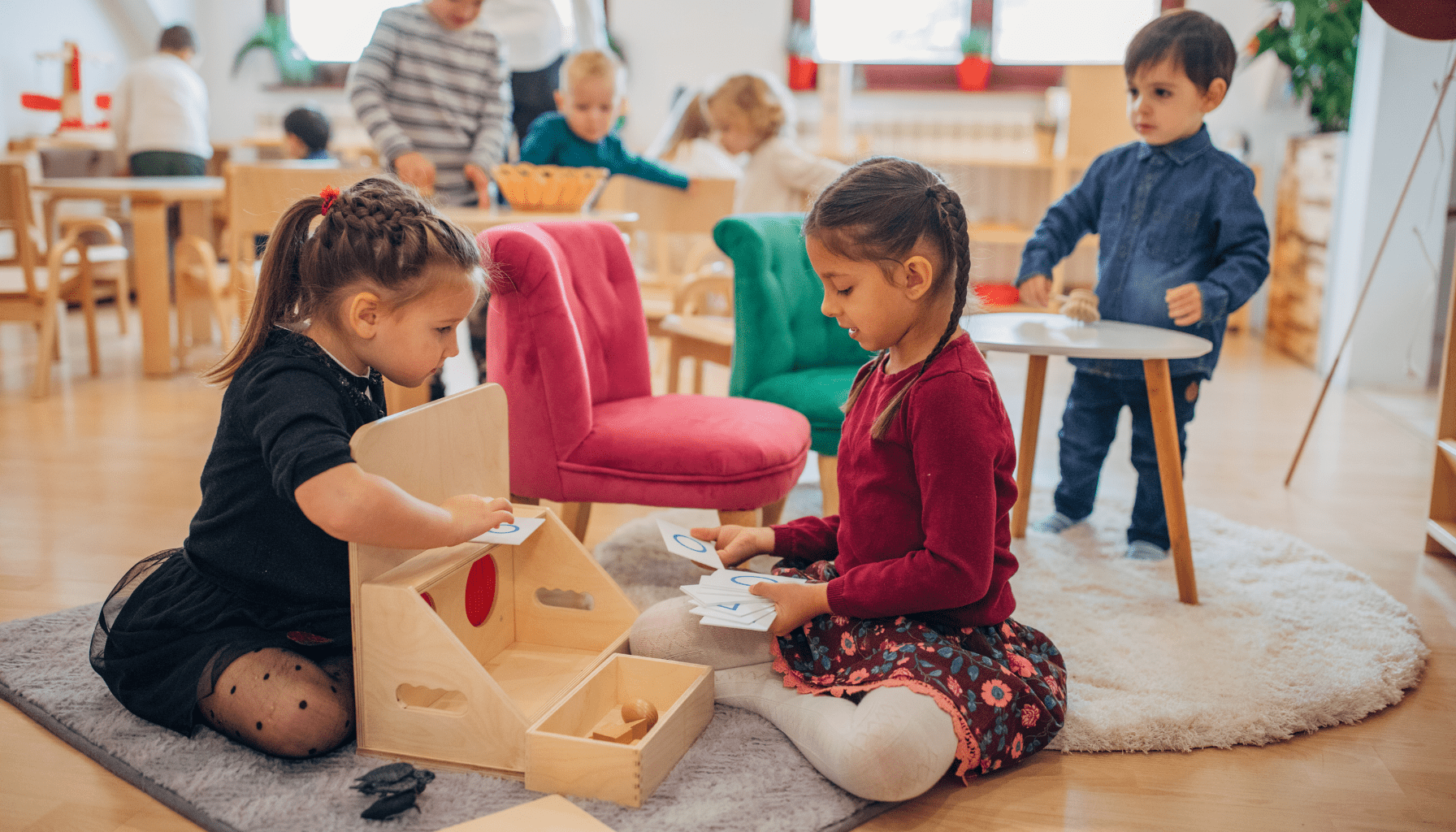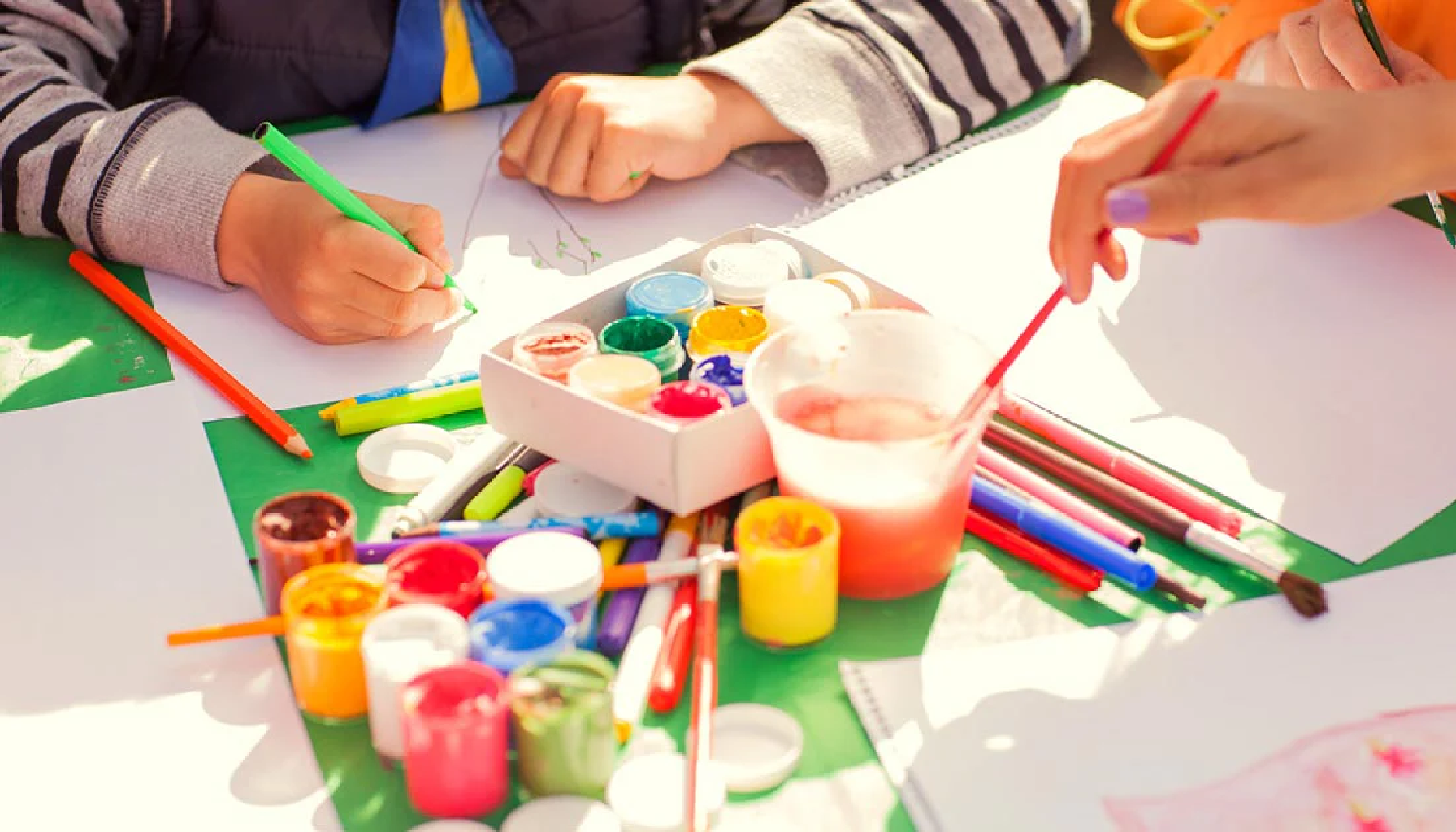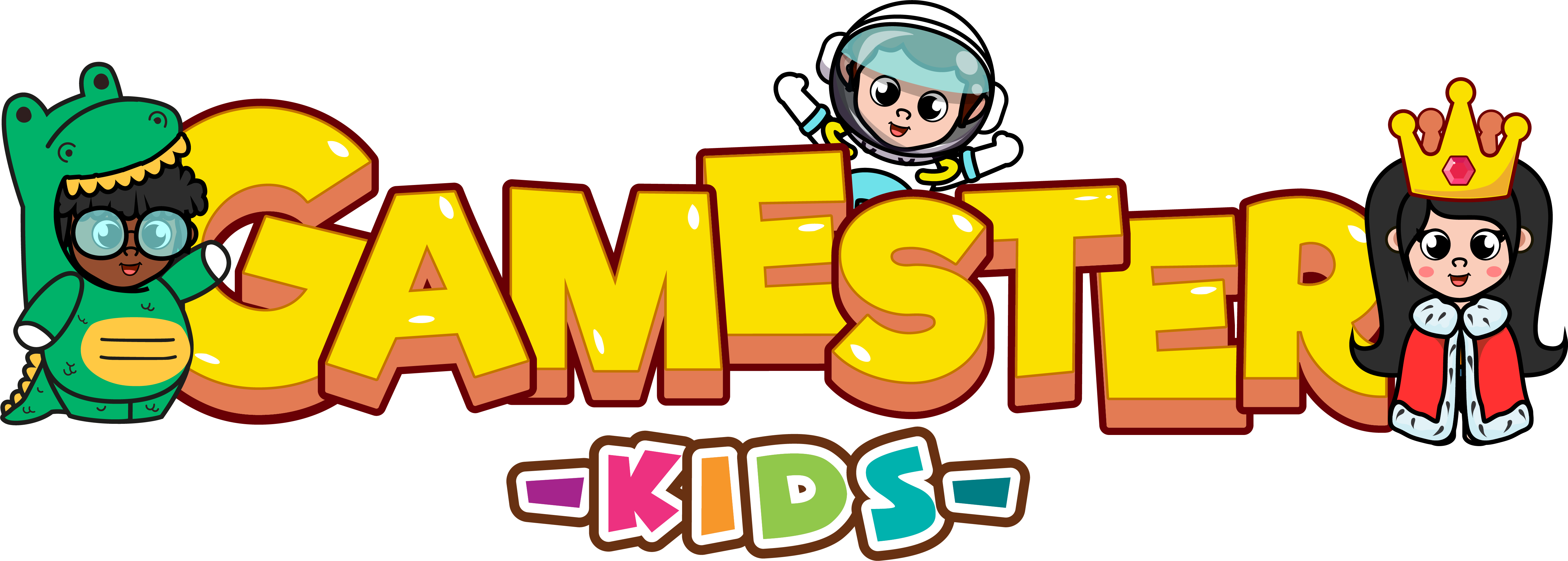My Child Has Fears
Aug 29,2024
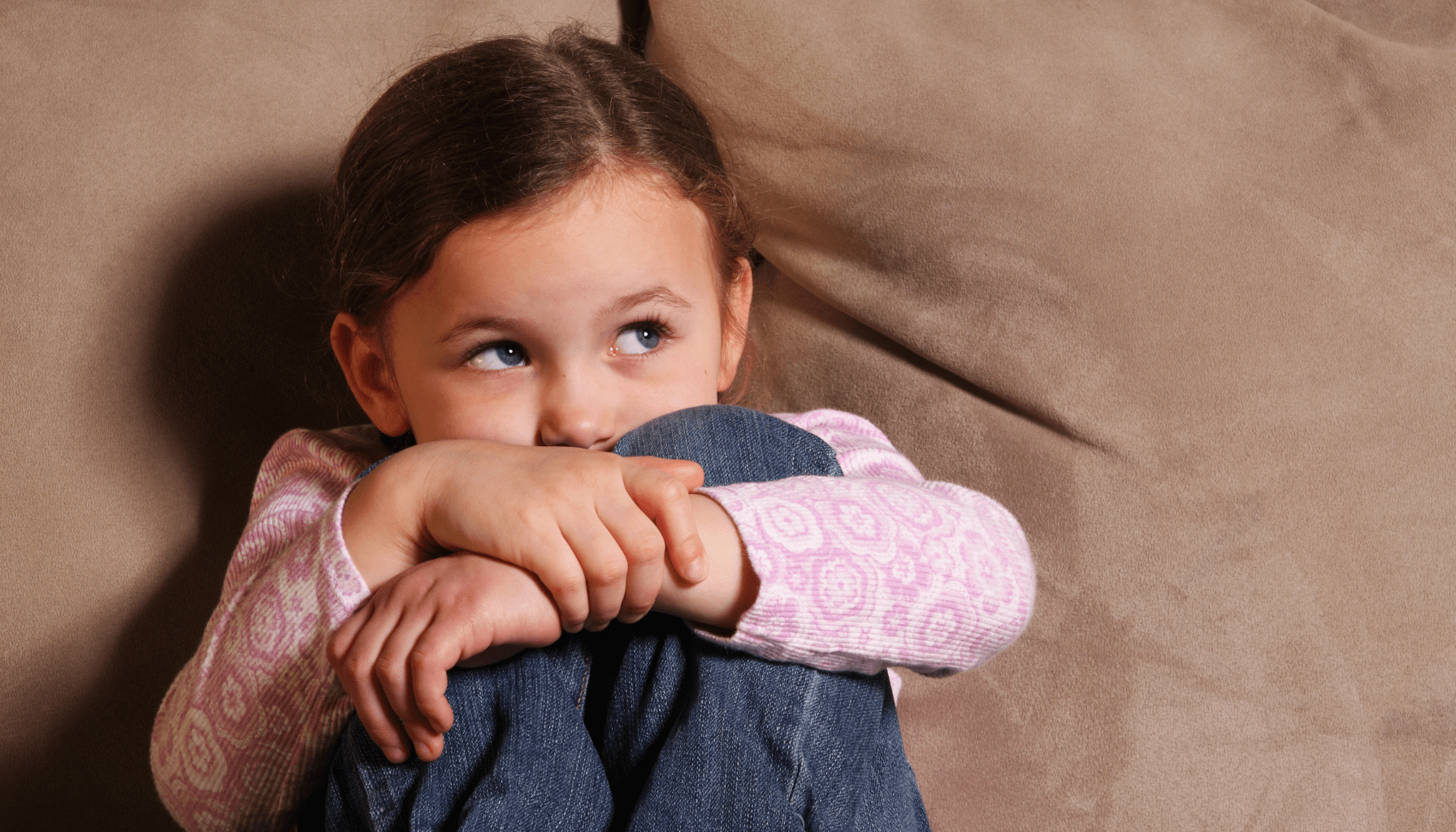
Fears, when experienced to a certain extent, are a natural and healthy process for children. However, it's essential to remember that when fears are constant and intense, they can potentially hinder a child's development. Therefore, identifying the causes of these fears and taking necessary steps promptly is crucial.
So, what should parents do to manage their child's fear during this period?
During moments of fear, the first thing parents should do is understand what their child is feeling. Allowing your children to describe what they are afraid of, getting down to their level and making eye contact to listen to them, and then calming and reassuring them is essential.
Sometimes, discussing the situations that trigger fear can be challenging. In such cases, drawing a picture of the fear-inducing situation and especially in the preschool period, having the child draw a representation of their fear, followed by physically throwing away the drawn picture, can be effective in helping some children overcome their fear.
The fundamental principle is to help the child understand their fear and confront their emotions. Regardless of their age, respect for the fear they feel is necessary. Yelling, teasing, or dismissing their fear will only prolong the fear process. It's important to make your child feel that you value them and what they express. Avoid judgmental statements like, "Is it normal to be scared of such things? Are you a baby?"
When parents project their fears in front of their children, the children observe this and may react with fear when faced with a similar situation. Therefore, it's crucial to be mindful of the reactions we display in front of our children and set the right example.
Lastly, it's important to remember that the fear your child is experiencing is a process, and parents need to exhibit patience and persistence. If no positive progress is made during this process or if your child's fear begins to significantly interfere with their life and your life as parents, seeking professional help is strongly recommended.
Share This Post



